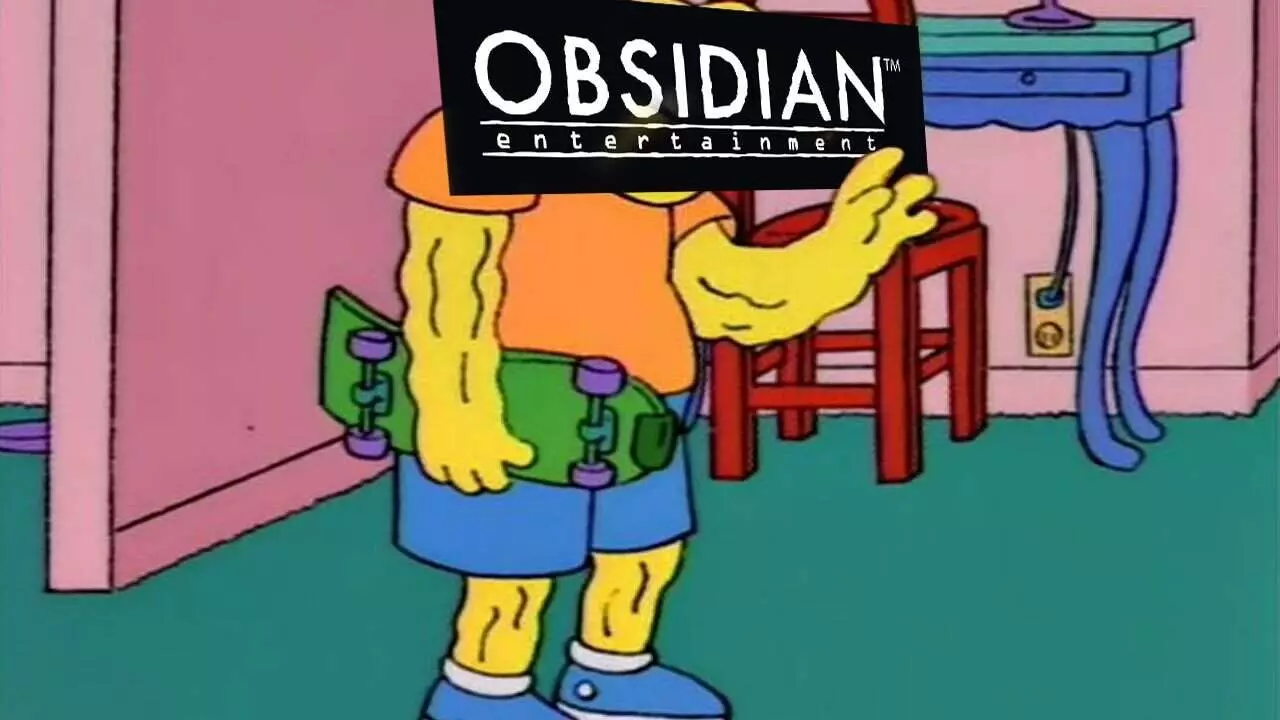Obsidian Entertainment, a studio with over two decades of experience in crafting engaging video games, has laid out a long-term vision that aims for sustainability in an ever-evolving industry. During the recent DICE Summit, executives Marcus Morgan and Justin Britch articulated their ambition to ensure the studio remains relevant and thriving for at least another century. This is no small feat, particularly in an industry known for its volatility and rapid technological advancement.
The leadership at Obsidian is taking a deliberate and pragmatic approach to game development, emphasizing consistent releases and realistic sales targets. By focusing on what Britch refers to as “mild success,” Obsidian intends to cultivate a stable operating model that prioritizes quality over sheer scale or extravagant graphics. This strategy appears to encapsulate a broader industry trend where studios are increasingly recognizing the importance of sustainable growth over trying to hit a home run with every title they produce.
Indeed, in the face of high-profile game disasters like “Suicide Squad: Kill the Justice League,” Obsidian’s controlled approach could prove advantageous. Their focus on resource management before greenlighting projects allows them to remain profitable without overextending during development phases. This blend of caution and ambition is not only practical but essential for weathering the unpredictable shifts in player interests and market trends.
An integral aspect of Obsidian’s strategy revolves around maintaining a lean workforce. By controlling the number of employees involved in projects, the studio can minimize overhead costs while simultaneously fostering a cohesive team environment. This method aims to create a stable work culture, which is crucial in an industry often characterized by high turnover rates and burnout.
Additionally, the studio’s alignment under the Microsoft umbrella is significant. While Microsoft provides a safety net through its financial stability and existing market reach, Obsidian’s strategies still ensure a degree of independence to pursue projects that are personally meaningful. The collaborative synergy aims to benefit both entities: Microsoft garners consistent content for its Xbox platform, and Obsidian has the backing needed to innovate without excessive pressure for monumental financial returns.
As gaming continues to mature, the need for a robust framework that accommodates the pitfalls of the industry becomes increasingly paramount. Obsidian’s recent outings—including titles like “The Outer Worlds” and “Grounded”—demonstrate that focusing on niche appeal and unique storytelling could resonate with audiences, even if they shy away from blockbuster expectations. Their games might not win every accolade, but the studio’s consistent output suggests that their philosophy is bearing fruit.
Furthermore, the release of “Avowed,” a project set to launch soon, is an important test for this model. If successful, it could further reinforce the belief that sustainable development practices could allow studios like Obsidian to prosper without chasing after every trend that crosses their path.
While the gaming sector remains unpredictable, Obsidian Entertainment seems to be charting a thoughtful course toward sustained success. By valuing reliability over extravagance, the studio is not only planning for its future but also setting a precedent for others in the industry. As they work towards their centenary, it’s clear that a grounded vision will likely prove to be key in navigating the challenges ahead.

